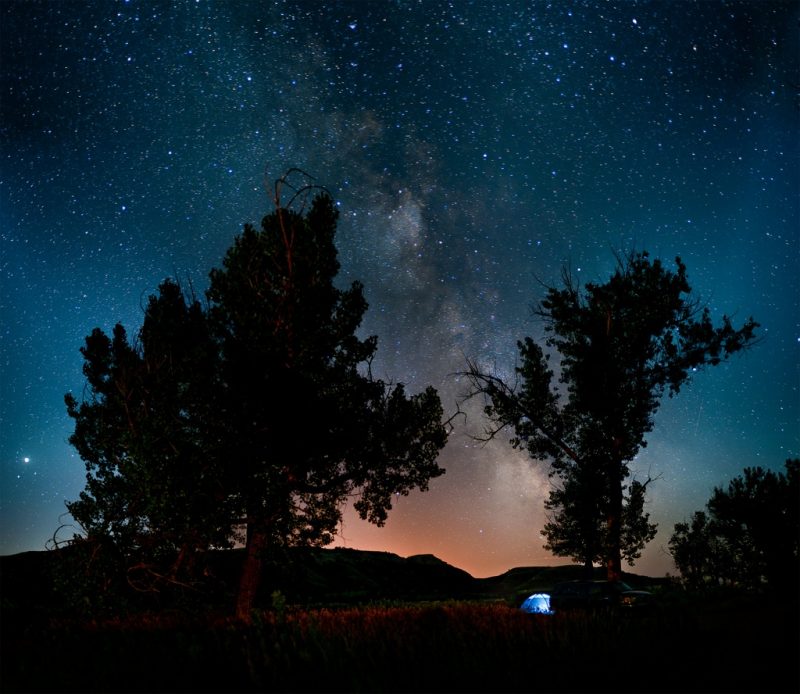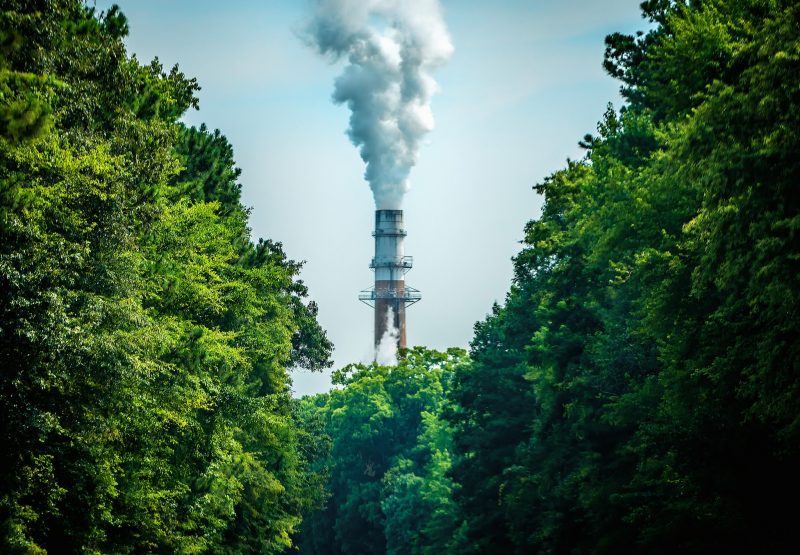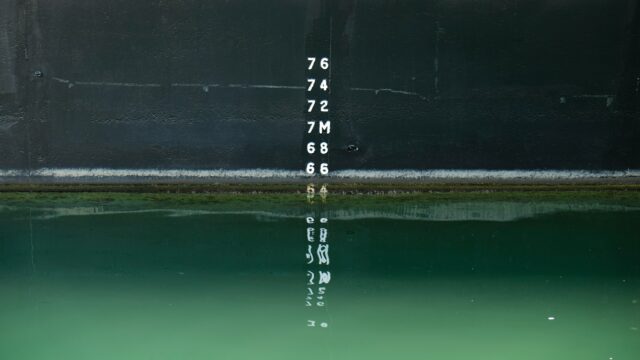A personal perspective on the ethics of climate change

In the recently published independent report ‘Climate Change: A Risk Assessment’, Professor Martin Rees gives his personal perspective on climate, ethics, and the tragedy of horizons afflicting our response to climate change.
I am an astronomer. I am mindful that our Earth is 45 million centuries old, but that this century is special. It is the first century when one species – ours – can determine the fate of the biosphere. That is because of anthropogenic stresses to ecosystems, and the unintended downsides of advanced technologies.
Throughout the centuries, we have been vulnerable to natural threats, such as earthquakes and volcanoes. But there is one reassuring thing about these threats: their annual probability is not changing much – it was more or less the same for the Neanderthals (although, of course, their economic consequences are much bigger for us now).
In contrast, we are now deep into the ‘anthropocene’ – the new period in which human activities have a significant global impact on the Earth’s ecosystems. The pressures of a growing human population and economy, on land and on water, are already high. Humans appropriate around 40% of the world’s biomass, and that fraction is growing. Extinction rates of plants and animals are rising. On top of this, comes climate change. As the preceding chapters of this report have shown, the risks of climate change are immense. And unlike those natural disasters with which we are familiar, the risks of climate change are growing, and will continue to grow over time.
When scientists conduct investigations into facts, they must be as objective as possible. It is on the basis of this objectivity that their authority rests. But when scientists engage in discussion on the economic, social and ethical aspects of any issue, they speak as citizens and not as experts, and they have no particular authority. It is important that this distinction is clearly made, so that there is no confusion between what is science, and what is opinion. So I wish to be clear that with regard to what follows, I am speaking not as a scientist, but as a concerned citizen.
“ To quote the great ecologist E O Wilson, if our despoliation of nature causes mass extinctions, it is the action that future generations will least forgive us for.”
In my opinion, the present disagreements about climate policy stem less from differences about the science than from differences in ethics – in particular, in the extent to which we should feel obligations towards future generations. Those who value the risks of climate change by applying a standard discount rate to estimates of future costs are in effect writing off whatever happens beyond 2050. There is indeed little risk of catastrophe within that time-horizon, so unsurprisingly such analysis concludes that tackling climate change should be given a low priority compared to other public policy aims.
But a child born this year could quite possibly live beyond the year 2100. The grandchildren of young adults alive today could live through several decades of the twenty-second century. Anyone who cares about those generations, or others further into the future, will deem it worth making an investment now to protect them from the worst-case scenarios. This is the most compelling argument for acting on climate change.
To consider an analogous situation, suppose astronomers had tracked an asteroid, and calculated that it would hit the Earth in 2080, sixty-five years from now – not with certainty, but with, say, 10% probability. Would we relax, saying that this is a problem that can be set on one side for fifty years – as people will by then be richer, and it may turn out that it misses the Earth anyway? I do not think we would. There would surely be a consensus that we should start straight away and do our damndest to find ways to deflect it, or mitigate its effects.
A second ethical issue concerns our obligations to people who are remote not in time but in economic opportunity. It is widely recognized that climate change will hit the hardest those who have contributed the least to its cause. Heat stress will most hurt those without air conditioning; crop failure will most affect those who already struggle to afford food; extreme weather events will most endanger those whose homes are fragile. A decision not to act on climate change is a decision to inflict suffering on a grand scale.
Finally, a third ethical issue concerns the non-human environment. We know that humans are already threatening biodiversity, and that this threat is aggravated by climate change. The level of extinctions could eventually be comparable to the five mass extinction events in the Earth’s history, of which we have learned through the fossil record. As some have said, we are destroying the book of life before we have read it. Clearly, in some cases this has a direct effect on our interests: if fish stocks dwindle to extinction, we lose a source of food. There are plants in the rain forest whose genes may be useful for medicine. But for some, this is too anthropocentric a view: biodiversity – life – has a value of its own. To quote the great ecologist E O Wilson, if our despoliation of nature causes mass extinctions, “it is the action that future generations will least forgive us for”.

For me, being there in the Vatican, seeing through the window the dome of St Peter’s Basilica, inspired some further reflections. Europe’s great cathedrals still overwhelm us today. But think how they seemed at the time they were built – and the vast enterprise their construction entailed. Most of the builders new little of the world beyond their own villages. Even the most educated knew of essentially nothing beyond Europe. They thought that the world was a few thousand years old - and that it might not last another thousand. But despite these constricted horizons, in both time and space, despite the deprivation and harshness of their lives, despite their primitive technology, they built these huge and glorious buildings - pushing the boundaries of what was possible. Those who conceived these masterpieces, and those who built them, knew they would not live to see them finished. Their legacy still elevates our spirits, centuries later.
What a contrast to so much of our discourse today! Unlike our forebears, we know a great deal about our world - and indeed about what lies beyond. New technologies enrich our lives and our understanding. Many phenomena still make us fearful, but the advance of science spares us from irrational dread. We know that we are stewards of a precious ‘pale blue dot’ in a vast cosmos - a planet with a future measured in billions of years - whose fate depends on humanity’s collective actions in the course of this century.
In today’s fast-moving world, we cannot aspire to leave a monument lasting a thousand years, but it is surely shameful to persist in policies that deny future generations a fair inheritance and instead leave them with a depleted and more hazardous world. To design wise policies, we need all the efforts of scientists, economists and technologists, and the best knowledge that the 21st century can offer. But to implement them successfully, we need the full commitment of political leaders and the full support of the voting public. Our responsibility – to our children, to the poorest, and to our stewardship of the diversity and richness of life on Earth – surely demands nothing less.
Professor Martin Rees, Astronomer Royal, Former President of the Royal Society, Emeritus Professor of Cosmology and Astrophysics, University of Cambridge
This article has been sourced from the FCO sponsored report 'Climate Change: A Risk Assessment' (pages 134-6), available here.
Image credit: "Light Years" (CC BY-NC-ND 2.0) by kern.justin


